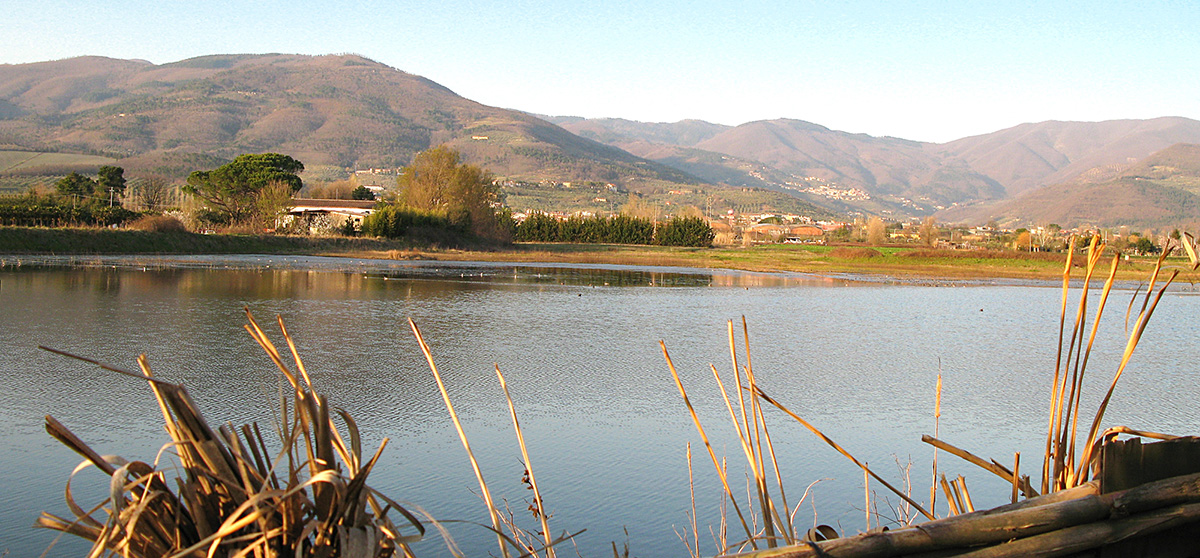
18 Jun 2019 MAES Stakeholder workshop
From 17-18 June, the European Commission (DG Research and Innovation) hosted a MAES (Mapping and Assessment of Ecosystem Services) stakeholder workshop in Brussels. This workshop provided an opportunity for stakeholders, including FACE, to engage in the first EU ecosystem assessment and emerging narratives. MAES is essential for measuring progress towards EU Biodiversity targets.
Specific sessions focused on several assessments of the main ecosystem types: Agriculture, Urban, Forest, Wetlands, etc. Results showed that there is an overall decrease in biodiversity across all Europe. The agriculture session showed negative trends in biodiversity losses. As an example, large numbers of farmland birds decreased by 50% since 1990 caused by the utilization of unsustainable agricultural production methods. Therefore, it is important to set strong environmental objectives, and to encourage farmers by prepare clear rules on improving biodiversity under the next CAP.
The condition of European forests is also poor, where only about 20% are in favourable status. As with farmland birds, there is also a decrease in forest bird species, probably as a result of intensification of land use causing a decrease in biodiversity. The forest bird index will be also considered one of the indicators for MAES when providing comprehensive, reliable information on the status of biodiversity, ecosystem and ecosystem services.
The MAES process assesses the implementation of environmental legislation through the integration of biodiversity objectives into sectoral policies such as sustainable agriculture, forest management and fishing.
Hunters can play a key role since they share a passion for nature and biodiversity and that is why they engage every day across Europe to conserve nature and biodiversity as can be seen here on many different projects beneficial not only for huntable species, but also for wide range of fauna and flora species. FACE is also working with stakeholders to link hunting into the MAES process as a cultural (and provisioning) ecosystem service.

